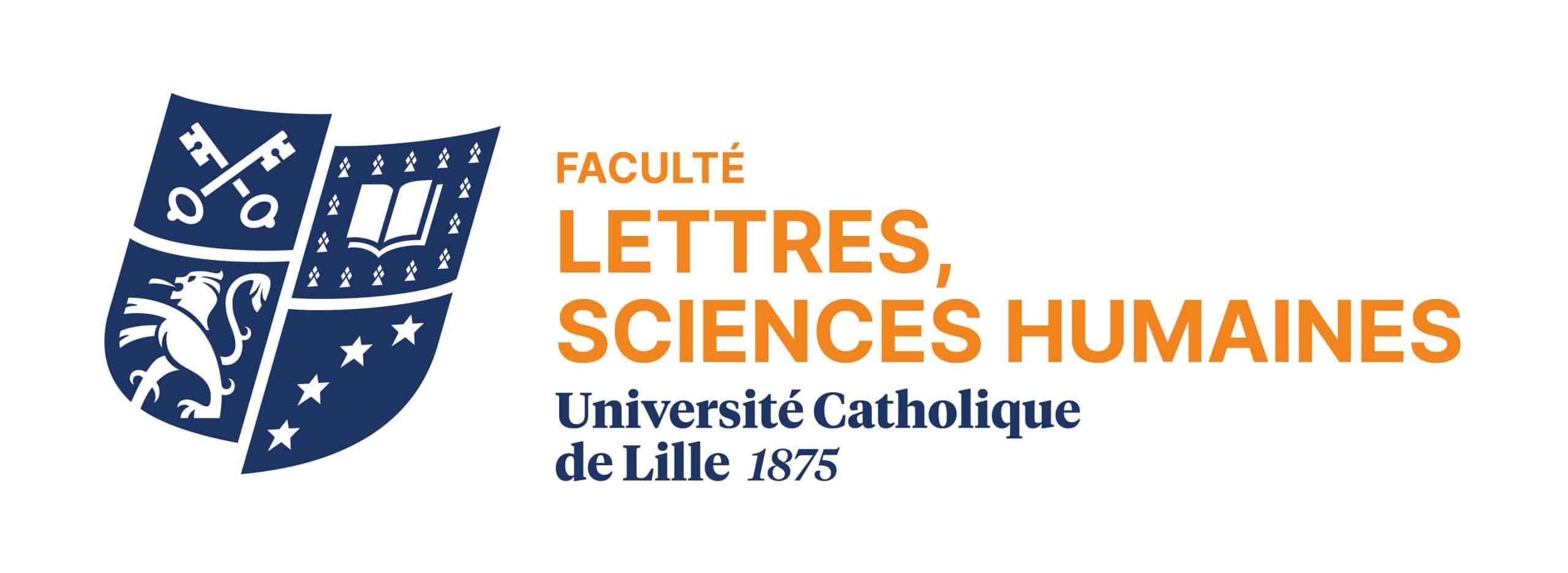
Mers et océans, nouveaux enjeux de la sécurité internationale
Etablissement : Faculté des Lettres et Sciences Humaines – FLSH
Langue : Français
Formation(s) dans laquelle/lesquelles le cours apparait :
Période : S3
Mers et océans, nouveaux enjeux de la sécurité internationale
PLAN DE COURS
Mers et océans, nouveaux enjeux de la sécurité internationale (12 heures, 4 séances de 3 heures ) :
Par : Marianne Péron-Doise, Senior chercheur (Indo-Pacifique, questions stratégiques asiatiques, Sécurité Maritime Internationale), Chercheur associé à l’Institut de Relations Internationales et Stratégiques, IRIS. Enseignante à IRIS-sup (master, Paris) Sciences-po Paris (college Universitaire), Institut Français de Géopolitique (master, Paris)
Calendrier : 18 octobre (13-16h00) ;26 octobre (13-16h00) ;15 Novembre (13-16h00) ; 18 novembre (13-16h00)
OBJECTIF GENERAL DU COURS
Ce cours constitue une introduction aux principales questions stratégiques liées au rôle croissant des mers et des océans dans les relations internationales contemporaines. Il se propose d’analyser les raisons qui font que les espaces maritimes sont devenus des objets d’intérêt sécuritaire majeur pour les Etats et la communauté internationale. En effet, de plus en plus convoités et vulnérables, les mers et les océans font face à des menaces et des risques nombreux, dont la piraterie est le plus connu. Zones grises et tensions entre Etats se multiplient pour le contrôle des espaces maritimes, sources de richesses et de puissance. Si la thématique de la bonne gouvernance des océans suscite des coopérations régionales et internationales, la contestation des frontières maritimes voit la multiplication de frictions interétatiques dangereuses révélant de nouvelles formes de conflictualités (menaces hybrides, situations de zones grises, émergence d’acteurs para étatiques).
A travers six thématiques découpée en 4 séances de 3 heures chacune, le cours reviendra sur les principaux enjeux, acteurs et outils qui structurent la sécurité maritime internationale.
PROGRAMME
-Introduction à la sécurité maritime • Définition de la notion de “sécurité maritime” : approche théorique du concept, place des études de sécurité maritime dans les sciences sociales. L’école européenne des Piracy Studies. • Approche géopolitique, Grandes stratégies , renouveau et essor des marines, Route maritime de la Soie et Indo-Pacifique • Approche géo-économique : la maritimisation du monde, transports maritimes et structuration des grandes façades maritimes, économies portuaires, l’accès aux grandes voies maritimes de communication (SLOC) et la navigation internationale. Bibliographie thématique
Amirell, S. “Global maritime security studies: The rise of a geopolitical area of policy and research”. Security Journal 29, 276–289 (2016). https://doi.org/10.1057/sj.2013.2
Bueger C, Edmunds T, “Beyond sea blindness: a new agenda for maritime security studies”, International Affairs, 93(6):1293–1311, 2017. https://academic.oup.com/ia/article/93/6/1293/4111108
Péron-Doise M. “Sécurité maritime, un enjeu stratégique croissant pour les Etats”, in Géopolitique des mers et des océans, Grands dossiers n°68, Diplomatie, juin-juillet 2022.
Steinberg P, The social construction of the Ocean, Cambridge University Press, Cambridge, 2001.
– La « navalisation » des mers • Montrer le Pavillon : stratégie navale, Sea Power, opérations navales, diplomatie navale • La montée en puissance des marines asiatiques : course aux porte-avions et flottes sous-marines • Les garde-côtes et les milices maritimes, nouveaux gardiens des souverainetés étatiques en mer
Bibliographie thématique
-European Union Maritime Security Strategy (EUMSS), 24 June 2014. https://ec.europa.eu/maritimeaffairs/policy/maritime-security_en
-Reich S, Dombrovsky P. The End of Grand Strategy: US Maritime Operations in the Twenty-First Century, Cornell University Press, 2018. -Minassian G « Blanche, Baltique, d’Azov, Noire et caspienne : les Cinq mers , enjeu stratégique pour la Russie », Le Monde, 8 Octobre 2022. Blanche, Baltique, d’Azov, Noire et Caspienne : les « Cinq-Mers », enjeu strat


